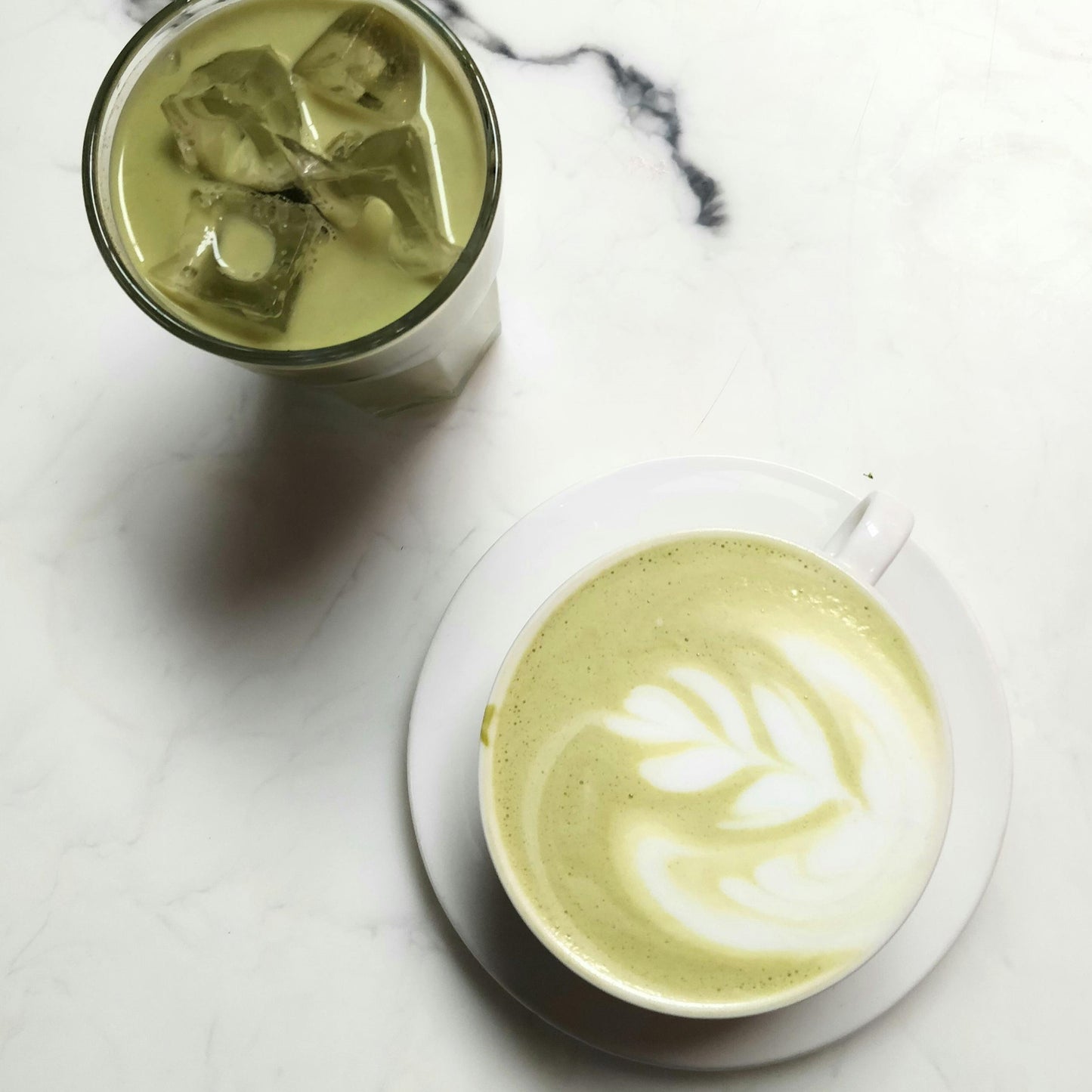Spring Sale
Enjoy 10% OFF on all your favorite products! Use code SPRING at checkout. Hurry, limited time only! 🌿✨ #SpringSavings
This store requires javascript to be enabled for some features to work correctly.

Unraveling the Secrets of Nature's Botanical Brews
Greetings, and Happy March! As we welcome the arrival of spring and prepare for the upcoming Easter season, it's the perfect time to explore the world of plant-based drinks. With an increasing emphasis on healthy and sustainable living, many individuals are turning to nature's bounty for their beverage choices.
Are herbal teas plant-based drinks?
One category that often sparks curiosity is herbal teas – but are they truly plant-based drinks? Let's dive into this intriguing topic.
First and foremost, it's essential to understand what qualifies as a plant-based drink. Plant-based beverages are those derived entirely from plant sources, free from any animal products or byproducts. This includes drinks made from fruits, vegetables, grains, nuts, seeds, and herbs. The concept of plant-based living extends beyond just food and encompasses a lifestyle that prioritizes environmental sustainability and ethical considerations.
What makes herbal teas plant-based?
The short answer is yes, herbal teas are indeed plant-based drinks. Unlike traditional teas like black, green, or oolong, which are made from the leaves of the Camellia sinensis plant, herbal teas are infusions of various herbs, fruits, flowers, roots, and spices. This means that herbal teas are entirely derived from plant sources, making them a natural choice for those following a plant-based lifestyle.
One of the reasons herbal teas are considered plant-based is their lack of animal-derived ingredients. Unlike some traditional beverages that may contain milk, honey, or other animal-based additives, herbal teas are typically composed of plant materials steeped in hot water. This simple, unadulterated process ensures that the final product remains true to its plant-based origins.
Examples of plant-based herbal teas
These are just a few examples, but the world of herbal teas is vast and diverse, offering a plethora of plant-based options to explore.
How to ensure herbal teas are truly plant-based?
It's important to note that while herbal teas are inherently plant-based, it's always wise to check the ingredient list and preparation methods, especially when purchasing pre-packaged or commercially produced varieties. Some manufacturers may include non-plant-based additives or flavorings, which could compromise the plant-based nature of the tea.
Benefits of drinking plant-based herbal teas
Beyond their origins from plant sources, herbal teas align with the core principles of a plant-based lifestyle. They offer a natural, sustainable, and often environmentally friendly alternative to sugary or artificially flavored beverages. Additionally, many herbal teas are associated with potential health benefits, such as promoting relaxation, aiding digestion, or providing antioxidant properties.
Plant-based lifestyle and herbal teas
As the interest in plant-based living continues to grow, herbal teas are becoming increasingly popular among health-conscious individuals seeking natural, wholesome beverage options. Whether enjoyed hot or iced, herbal teas offer a delightful and diverse range of flavors and potential health benefits, making them a versatile and plant-based choice for any time of day.
What should You Consider When Choosing a Plant-Based Beverage?
Processing; Avoid highly processed foods with toxic chemicals, additives with poor safety testing, and excessive added sugars.
Organic; Organic plant-based beverages are a better choice than conventional plant-based beverages, which can contain residues from synthetic pesticides and fertilizers
In conclusion, herbal teas are indeed plant-based drinks, derived entirely from the bounty of nature's herbs, fruits, flowers, and spices. By embracing these plant-based beverages, you can not only enjoy their unique flavors but also contribute to a more sustainable and ethical lifestyle.
Exploring the diverse flavors of plant-based herbal teas
So, why not explore the world of herbal teas and discover your new favorite plant-based sip?
Discover the art of brewing the perfect Chamomile-Peppermint Herbal Infusion—a soothing blend that calms the senses and refreshes the mind. This simple recipe combines dried chamomile flowers and peppermint leaves, steeped at just the right temperature to unlock their full flavor. Add honey and lemon for extra zest and enjoy a truly relaxing tea experience!
Detoxification plays a key role in maintaining hormonal balance by eliminating toxins that disrupt the endocrine system. Herbs like dandelion root, milk thistle, turmeric, and ashwagandha support liver function, reduce inflammation, and help regulate hormone levels naturally. Along with a clean diet, hydration, exercise, and stress management, incorporating detox herbs through teas, supplements, and infusions can enhance overall well-being. A consistent, holistic approach is essential for lasting hormonal harmony and optimal health.
Experience the magic of hibiscus tea in baking with these three irresistible cake recipes. Whether it's a buttery pound cake, a citrusy layer cake, or a rich chocolate treat, each dessert perfectly balances floral elegance and tangy sweetness. Perfect for tea parties, gatherings, or a special treat!